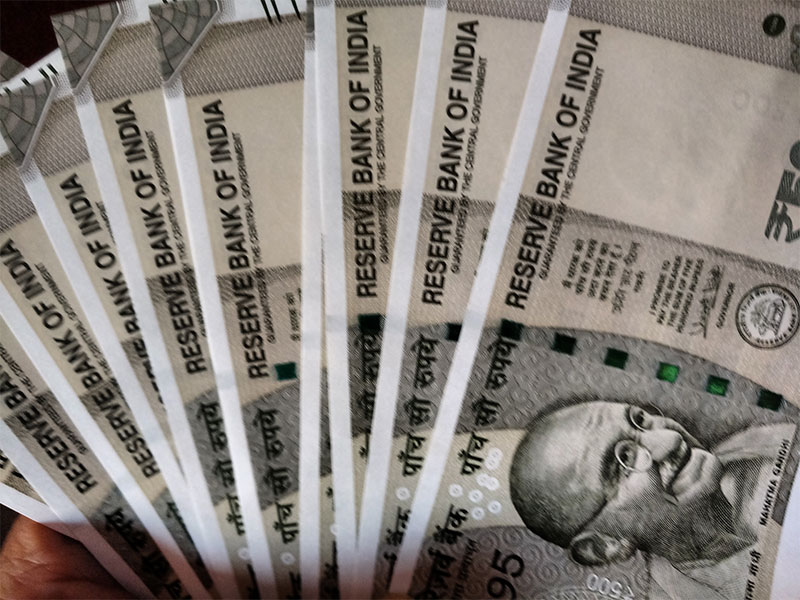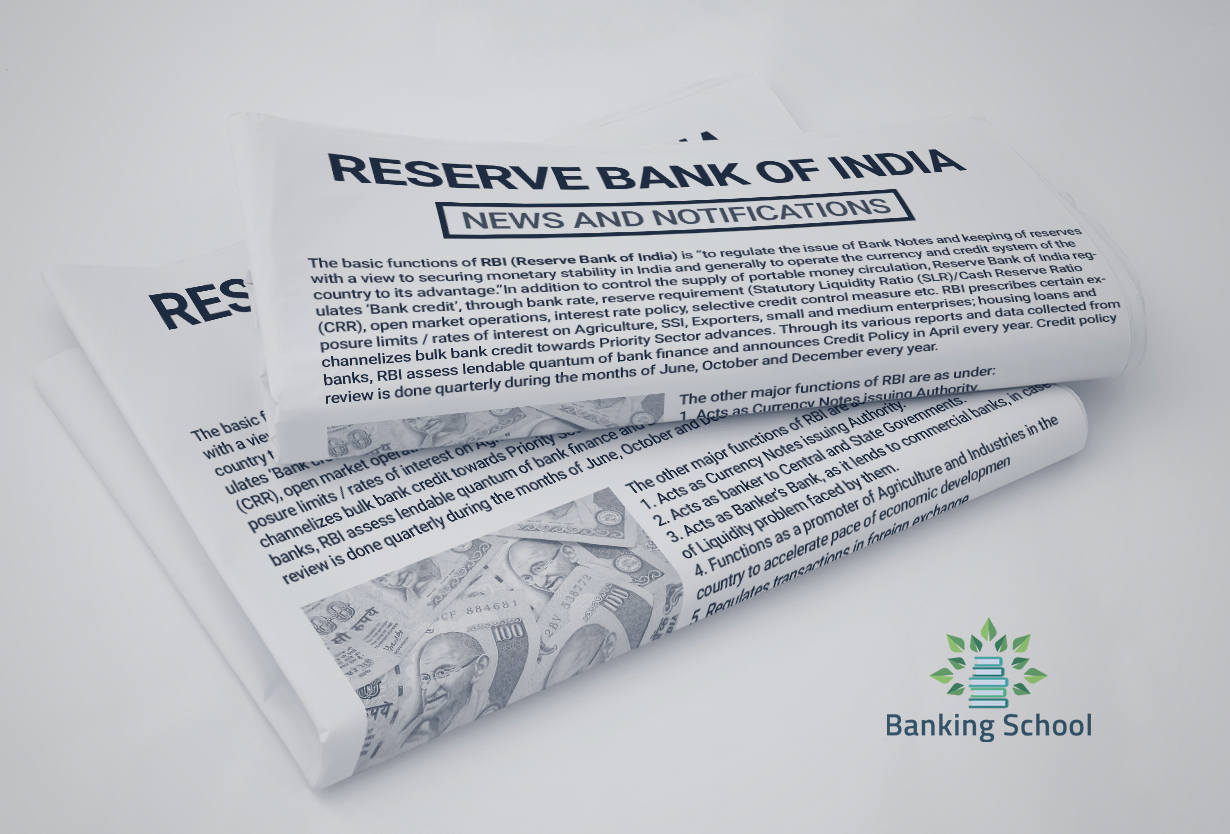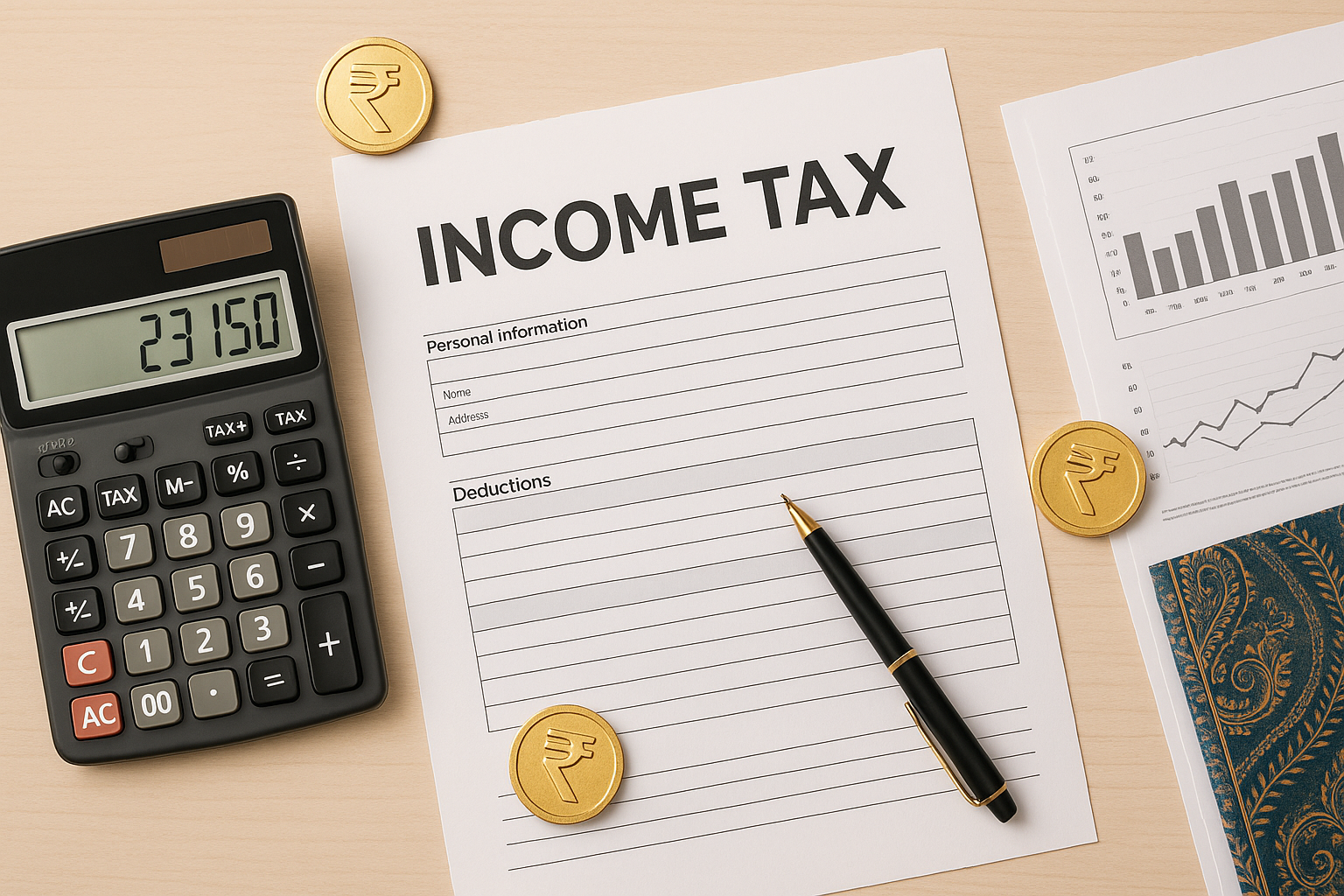Payment of Gratuity (Amendment) Act, 2018 is notified in the Government Gazette on 29th March 2018. The above amendment enables the employees to receive tax-free gratuity up to Rs 20 lakh from existing Rs 10 lakh under the Payment of Gratuity Act. According to the notification Payment of Gratuity (Amendment) Act, 2018 (12 of 2018), shall come into force from 29th day of March, 2018.
The Gazette notification also specifies that the total period of maturity leave in the case of female employee shall not exceed twenty-six weeks as part of continuous service under gratuity act.
Payment of gratuity to Bank employees and officers
In the banks (except SBI), Gratuity is paid to employees and officers under the Gratuity Act, 1972 as well as under the provisions of Bipartite Settlement [for bank officers as per Officers Service Regulation (OSR) 1979]whichever is higher. Hence for every retiring employee, Gratuity has to be calculated both under the Act and under BPS, and the higher of the two will be paid. Gratuity under Officers Service Regulations, 1979, Pay means Basic pay, Spl. Pay, Officiating Pay, PQP, increment portion of FPP. However, in State Bank of India gratuity is paid only under Payment of Gratuity Act,1972.
Background of Payment of Gratuity under the Payment of Gratuity Act, 1972
The ceiling of Gratuity amount under the Payment of Gratuity Act, 1972 has been raised from time to time keeping in view over-all economic condition and employers capacity to pay and the salaries of the employees, which have been increased in private sector and in PSUs.For the calculation of gratuity, Salary includes only Basic salary and Dearness Allowance (DA) under greatuity Act.The maximum amount of Gratuity payable under this act was Rs.3.5 lakh up to 23rd May 2010. However,the maximum amount of gratuity payable later increased to Rs.10 lakh with effect from 24th May 2010 through Gazette notification S.O. 1217(E). The latest such enhancement of ceiling of gratuity was made vide Government of India Notification dated 29.03.2018 under which the gratuity amount ceiling has been increased from Rs.10 lakhs to 20 lakhs w.e.f. 29.3.2018.
Related Post:
http://86x.efb.mytemp.website/bank-staff/how-to-calculate-gratuity/








